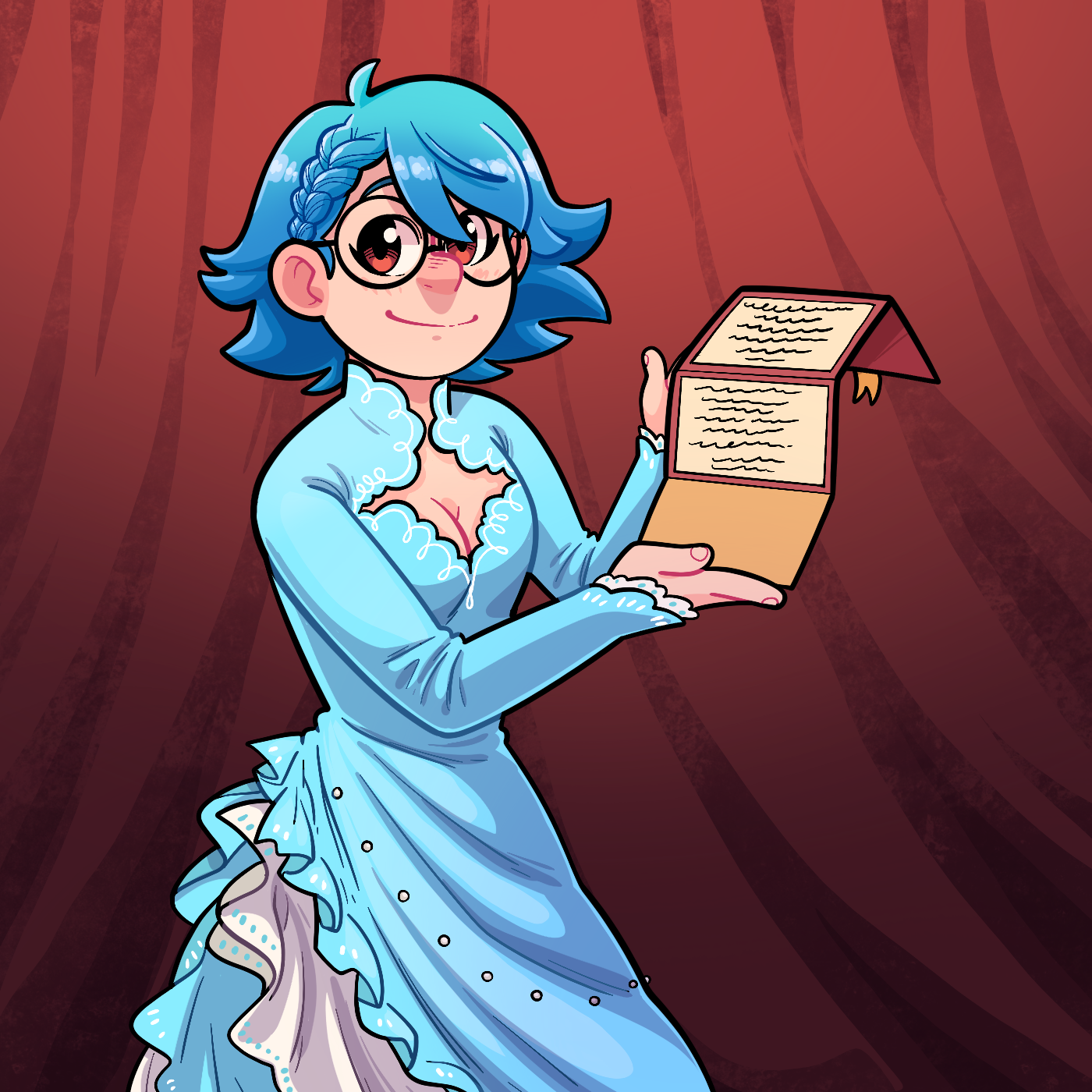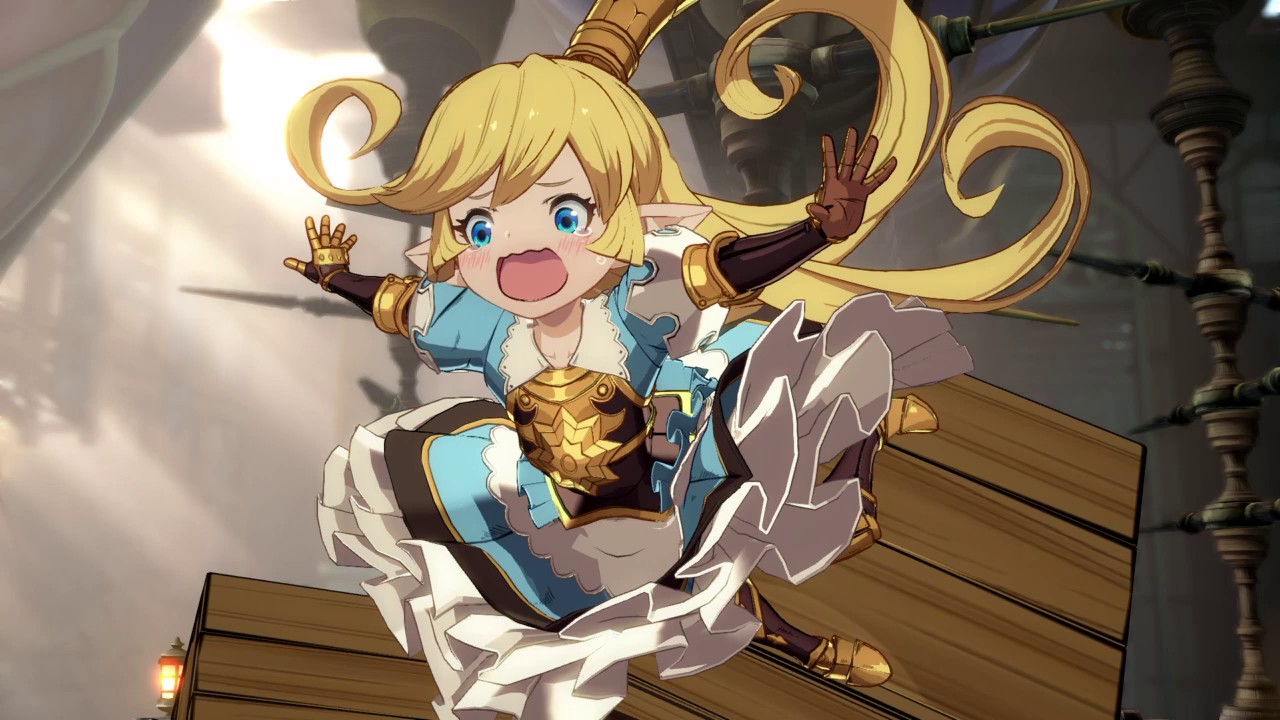If you have not already listened to this category’s podcast, these are the final results. This article spoils the podcast’s discussion. Be warned!
What does Best Surprise mean for a website that covers games, movies and other media? Like Best Moment, our answer to that question takes a different form every year. But the award’s purpose always remains the same: whether we’re discussing a stealth-drop banger of a video game, a piece of media that defies expectations, or even an unexpected change that makes our lives significantly easier, these are the surprises that helped make this year special for us (or at least more bearable).
The Winner
Steam Family Sharing Update
Back when physical media was the only way to buy video games, sharing them with friends was relatively simple. When a friend wanted to borrow it, you leant them a cartridge or disc: once they’d finished the game, they’d (ideally) return it to you. People like to position the PS3 and 360 era as the moment when games started transitioning to digital downloads, but Steam ensured that this sea change was well on its way before Microsoft, Sony and Nintendo jumped on the bandwagon. I still remember borrowing my cousin’s disc-based copy of Half-Life 2 when I was thirteen, only to learn that it required a one-time-use Steam key to even function.
As digital downloads superseded discs, Steam invented its own digital lending program called Family Sharing, but it had severe limitations. If Six or Kyrie wanted to play a game from my Steam account, my entire library was suddenly off limits to me. It didn’t matter if I wanted to play something else on Steam: once the service detected that the account holder was playing a game, it gave the guest a 5-minute timer to save what they were doing before they were booted out. Even though it was far from the end of the world (after all, you were free to do something else with your time), it emphasized that all we were buying were game licenses, and that we had little control over how we could use them.
Years after its implementation, Valve have overhauled the system to such a degree that it’s made our lives at Scanline Media much easier. A group of 2-5 users make a “Family” group together, and can play most games from each other’s libraries, even when said library is already in use. Finally, digital lending makes sense! If someone is playing the only copy of a game within the family, that game becomes temporarily unavailable, but everything else is fair game. And if there are multiple copies acquired by each account, then more than a single person can play the same game at the same time! It’s a simple yet powerful setup, one that maps nearly perfectly to how we used to share games: after all, you could never play the same disc across two consoles at once, but every other game in your friend’s collection was available to use. Suddenly, buying a downloadable game on Steam instead of a Switch cartridge or PS5 disc doesn’t feel like you’re compromising your ability to share that game with friends!
Scanline Media is a small site, run by a handful of queer friends. While the Patreon makes this whole operation feasible, we don’t have infinite funds. Asking “should we cover X game?” used to mean that one person got priority access, while the others had to wait until that person was at work or asleep to access the game: after all, if they were using their library at all, regardless of what they were playing, we’d get kicked out. With this update, everything changes. Unless it’s multiplayer, we only need one copy of a story game, lengthy RPG, or whatever else strikes our interest. Every one of us can speak on the same game, share the same experiences together, without stretching our resources thin. Make no mistake: if you end up hearing more group discussions of a game from us, this update made it possible. Of course it had to win Best Surprise.
The Runners-Up
Kinki Spiritual Affairs Bureau
In spite of an increasingly crowded storefront, one that practically blots out visibility for strong indies, you can still find niche gold on Steam. Take Kinki Spiritual Affairs Bureau: released in October by Noto Muteki, it had no marketing to speak of, but slowly found an audience who were utterly enamored with it. It only takes half an hour to understand why.
Kinki Spiritual Affairs Bureau encompasses nearly every complaint The Gamers have about low-budget indie games. Every single asset was store-bought, to the point where they fill out the majority of the credits. Movement feels bad, the combat is terrible, and the 1-2 stealth levels are inconsistent at best. And if you want to be truly dismissive, you could classify it as yet another half-baked attempt at a military shooter. In spite of all that? It works.
Part ever-escalating gag about mowing down “Sadako” ghost girls with an assault rifle (at one point, a troop transport rains Sadakos mid-air), part action movie filled with unexpected twists, there is never a moment in Kinki Spiritual Affairs Bureau that one could call boring. It excels at equally surprising and delighting the player. And it’s only ten dollars, so you should run, not walk, to Steam, and play it for yourself when you’re finished reading this.
Emio – The Smiling Man: Famicom Detective Club
If this category was Most Surprise, there’s no doubt in my mind that Emio would take first place. First teased with a live-action clip of a man wearing a paper bag, this mystery game was revealed as a brand-new entry in Famicom Detective Club, a series that had remained dormant for literal decades until long-time Metroid designer Yoshio Sakamoto revived it for two Switch remakes. With Mages and the other remake designers, Sakamoto decided it was time to write a new, more mature story that went beyond the pulp mystery-solving in the first two games. And they succeeded beyond my wildest dreams.
This isn’t your typical, M-rated, “edgy” take on a beloved classic. It still has the same, thrilling moments Famicom Detective Club is known for, but they’re balanced out with a tone that expertly shifts between humorous gags and somber reality. Instead of looking for heirs as a catty family tears itself apart, you’re investigating the murder of a middle-school kid. How does a child react when their classmate dies, and they’re suddenly face-first with the concept of mortality? Can your Boy Detective pry into others’ lives without hurting them in the process? And how can a kid navigate the world without adults dismissing them at first glance?
There are even heavier questions within, and yes, you could probably accuse one or two shocking moments of pushing things too far. But Nintendo’s most prominent Mature game in years aimed for a type of maturity you rarely see in AAA games, opting to ask heartbreaking questions without obvious or simple answers. It’s an experience I won’t be forgetting any time soon.
We’ll have more awards categories for you next week! See you then!
Our art is a commission from Sarracenian on Bluesky.




